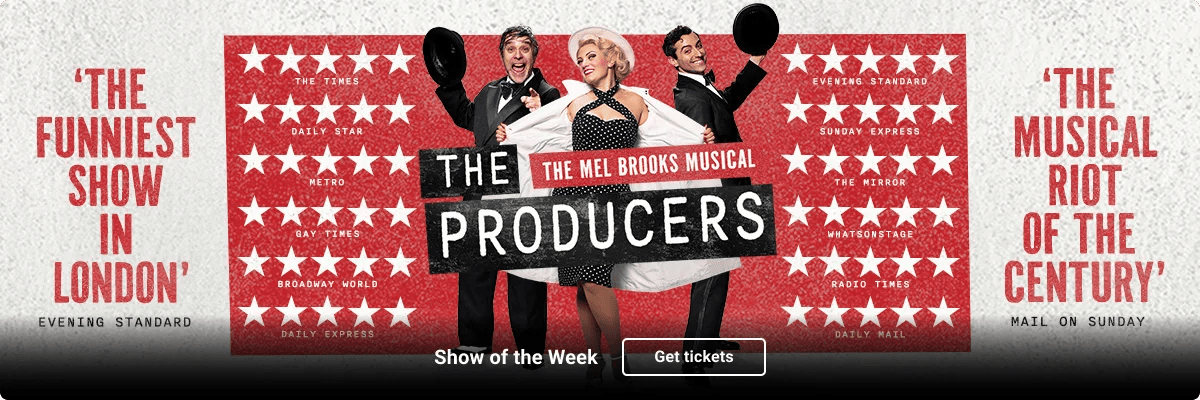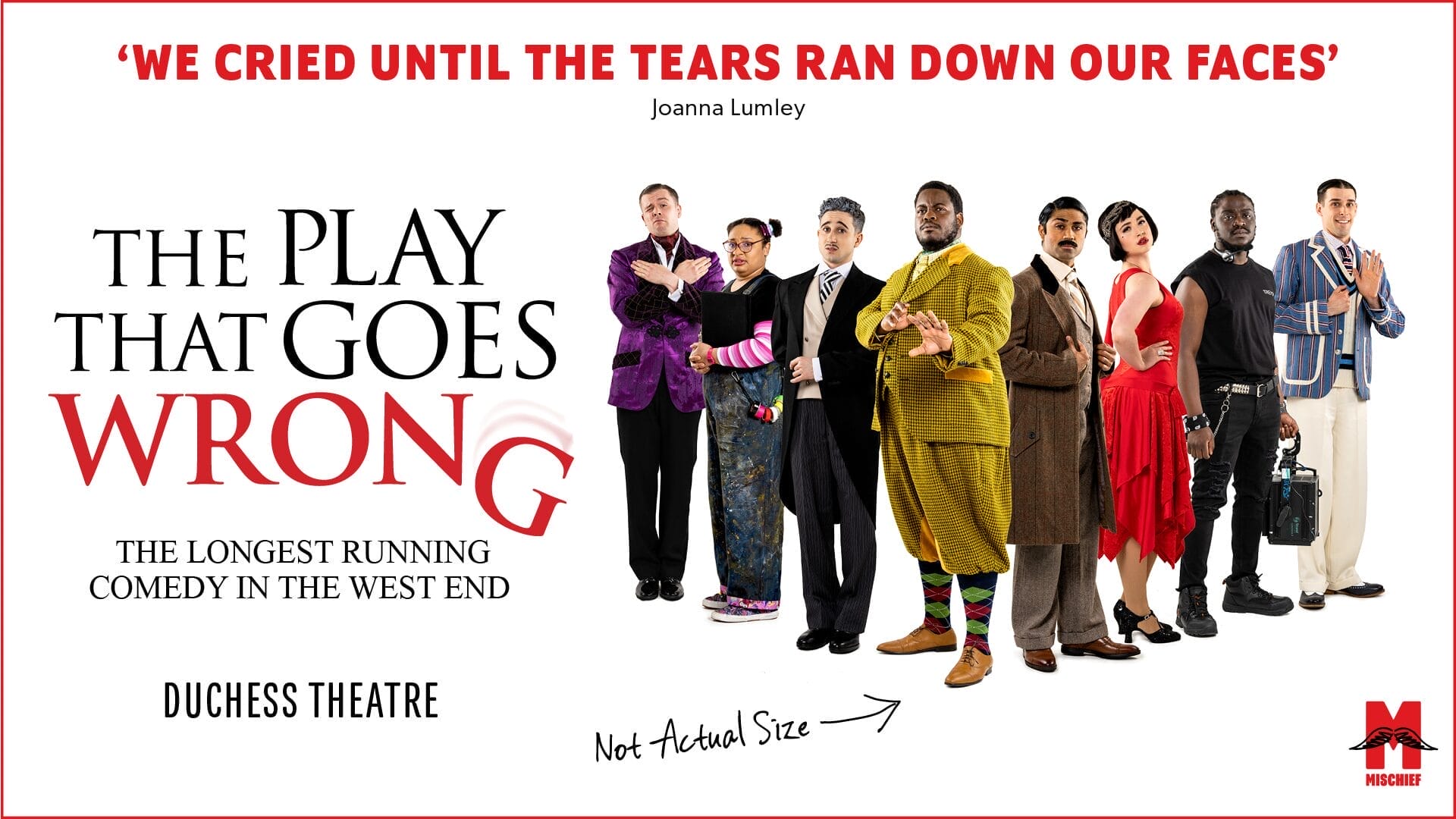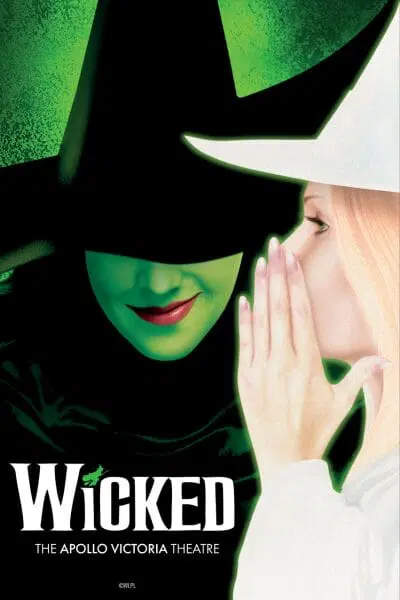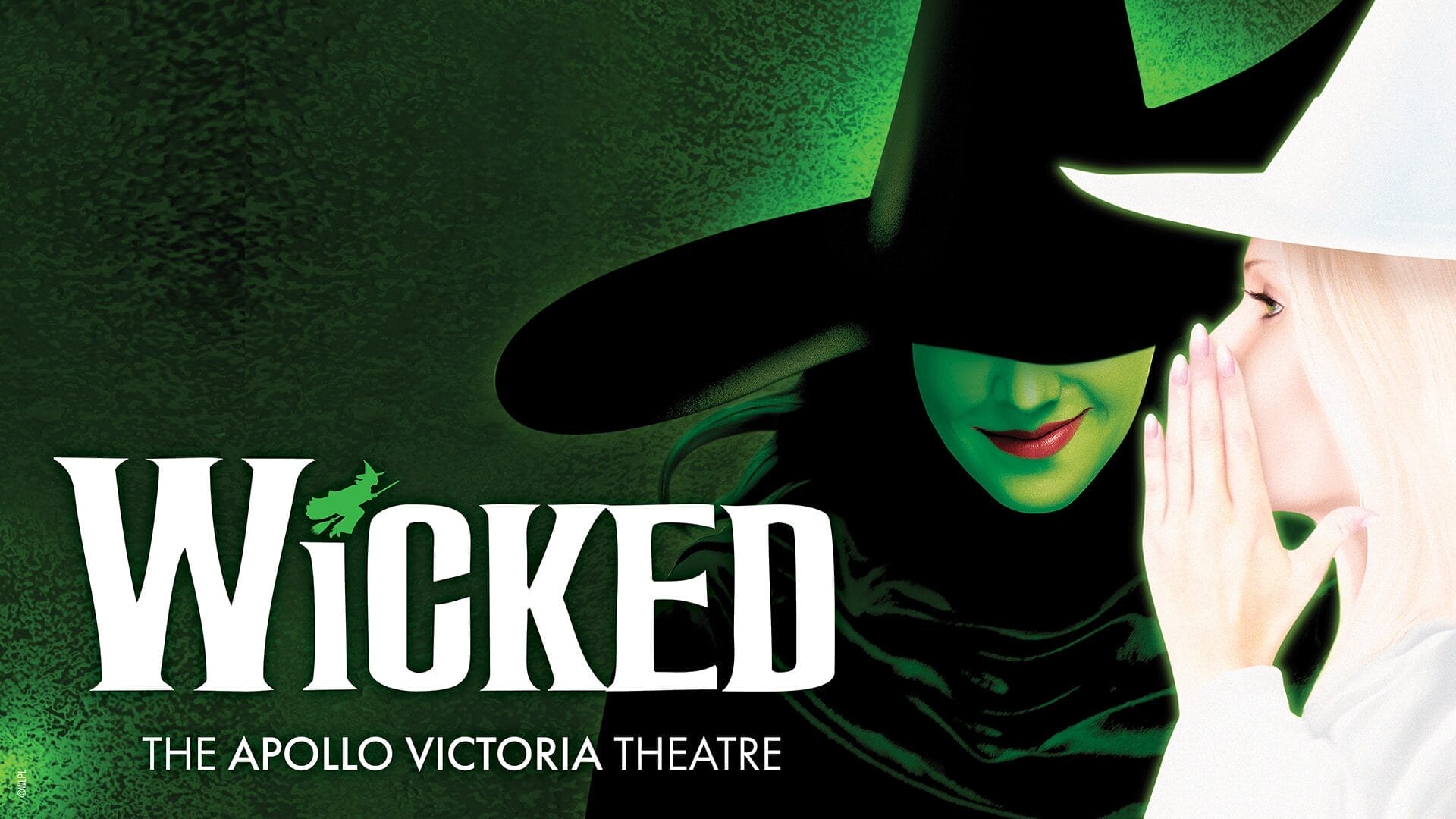 Andrew Lloyd Webber’s Cinderella, his first new musical since School of Rock, finally opens at The Gillian Lynne Theatre, following more than a year of Covid-related setbacks. The effort to get this production to the stage might have frightened off less experienced producers, but Lord Webber has been stoically persistent.
Andrew Lloyd Webber’s Cinderella, his first new musical since School of Rock, finally opens at The Gillian Lynne Theatre, following more than a year of Covid-related setbacks. The effort to get this production to the stage might have frightened off less experienced producers, but Lord Webber has been stoically persistent.
The delay in opening has meant a steady stream of teasers being released, with the full album also being made available. But even with all that extra time to play with, the final production fails to live up to the hype.
A story that’s been around for two millennia is certainly ripe for adaptation, as it has before and will be again. This version, by Emerald Fennell, sees Cinderella fall in love not with Prince Charming, but Sebastian – Charming’s younger brother. In their home town of Belleville, only “the most beautiful of people” can reside, and it would seem that in casting the show, only one body shape was considered to fit that description.
Presumably Toxic Masculinity – The Musical wouldn’t fit on the poster, but perhaps it would have been a more appropriate title. Scenes, including ‘Hunks’ Song’, appear to have been inspired by Magic Mike Live, currently playing down the road at The Hippodrome. In one of these semi-clothed and gyrating numbers, The Queen sings about how well-endowed her missing, but presumed-dead, son was.
Prince Sebastian is repeatedly mocked for his ‘weakness’, but the female characters fare even worse; all portrayed as vain and vacuous, chasing after the Baker’s buns (not even a euphemism), while being called “strumpet” or “cow” by the strapping men folk.
In general, the characters of Andrew Lloyd Webber’s Cinderella are badly written, and there are plot holes all over the place. This Cinderella is supposed to be ‘bad’, but there’s little to no evidence to support this assertion, leaving the audience at a loss to understand the character’s motivations for much of the show.
No doubt this is all about holding up a mirror to modern day society, but it appears to be the mirror from Snow White, and we all know how dangerous it turned out to be.
The music is better; there are a handful of great songs which are reprised often enough to fool us in to not realising the rest are just filler, although those coming to this from the cast album, will be disappointed to discover some of the best numbers have been cut.
David Zippel’s lyrics have a distracting tendency of always needing to rhyme, leading to words like ‘salmonella’ shoehorned in (presumably because every other Cinderella rhyme had already been exhausted).
Too often the lyrics don’t reflect the plot, which is already at odds with the music and the staging; one of those often reprised, albeit enjoyable, numbers is ‘Bad Cinderella’ which gives us the line “I’ve a style all my own, and I will not change it for you”, which makes us wonder why Cinderella then goes ahead to do just that.
Enter the Godmother (Gloria Onitiri), turning up briefly to suggest Cinderella should undergo surgery to be more beautiful; there’s a song about it before they decide there’s not enough time, so stick her in a pretty dress instead.
The Ball comes at the top of the second act, and it looks like things might start to get interesting. It’s not just Cinderella who is transformed, as the stage takes on a whole new look thanks to some rather impressive stage wizardry. Laurence Connor’s direction and the stage’s revolve both play a part in making these scenes the best of the night.
It’s also here that we get another of the standout musical numbers, as Carrie Hope Fletcher delivers the stunning ‘I Know I Have a Heart’. But, too soon, the clock strikes midnight, the enchantment is over, and the production turns back in to a pumpkin.
Gabriella Tylesova’s costumes, particularly for the female leads, are extravagant and dazzling, and stand out even more so against a dull and uninspiring set. Thankfully, Bruno Poet’s lighting design picks up a great deal of the slack giving The Gillian Lynne Theatre the fairytale feel that is desperately lacking elsewhere.
Cinderella does have a strong cast. Carrie Hope Fletcher delivers a powerful performance as the titular character, filled with angst and a touch of vulnerability, and her solo numbers are spectacular. Rebecca Trehearn and Victoria Hamilton Barritt both relish their villainous roles as The Queen and The Stepmother respectively, while Laura Baldwin shines as stepsister Adele.
Ivano Turco as Prince Sebastian wows the audience with a gentle and nuanced performance. It’s hard to believe this is a West End debut, Turco carries the role so confidently, and his solo number, ‘Only You, Lonely You’ is nothing short of captivating.
Whilst there will be much deserved admiration for getting the production mounted in the most difficult of times, Andrew Lloyd Webber’s Cinderella replaces magic, miracles and enchantment with misogyny, machismo and eroticism, and overall, it feels uncomfortable to watch. It’s as if composer, lyricist, writer and director each tried to create their own show independently, and ended up making this Cinderella more of a poisoned apple than a glass slipper.






















I couldn’t agree more. I thought I must have missed something, having read some 5 star, sycophantic reviews.
I was embarrassed by the audience laughing at the terrible gratuitous jokes- as if Benny Hill in the 70s had arrived. Who thinks ‘knob’ is an appropriate word in the dialogue? Apparently most of the audience who found it hilarious.
Thank you Greg for an honest and intelligent review.